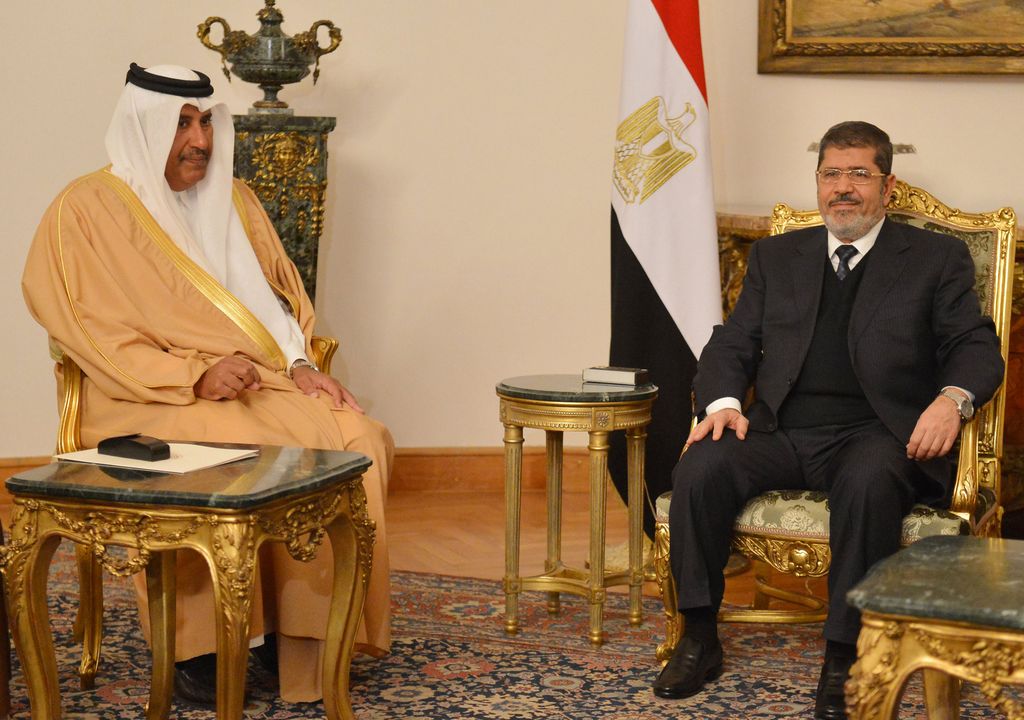After nearly 11 years of negotiations, Afghanistan and the World Trade Organization (WTO) have finally agreed on the country’s terms of accession to the global trade body. But will this help revive the flailing economy?
“Our country’s accession to the WTO will serve as a catalyst for domestic reforms and transformation to an effective and functioning market economy that attracts investment, creates jobs and improves the welfare of the people of Afghanistan,” said Afghan President Ashraf Ghani following the agreement reached between his government and the trade body’s 161 members on November 11.
Trade ministers are set to formally approve the terms of the country’s membership to the global trade club in a meeting in Nairobi on December 15-18. Afghanistan will become a member 30 days after it ratifies the deal, which it will need to do by June 30, 2016.
The WTO is set to expand from 161 to 164 members, with Kazakhstan set to become the 162nd on November 30, and Liberia having recently agreed its membership terms. Afghanistan will become the ninth least-developed country to join the organization since 1995.
“Joining the WTO will help Afghanistan to become part of the global rules-based system for international trade, which will help to improve market access for Afghan exports and help to protect Afghanistan from unfair trade practices by other countries that are part of the WTO,” said Rajiv Biswas, Asia-Pacific Chief Economist at global analytics firm IHS.
Slugglish growth
But while the WTO membership is expected to confer benefits such as granting access to new markets and global supply chains, it is unclear how much Afghanistan would be able to benefit from the new opportunities.
Biswas says Afghanistan’s export structure is dominated by agricultural products and some types of light manufacturing such as textiles and carpets, which may gain some benefits from lower tariffs and other non-tariff barriers as part of the WTO system.
“Afghanistan has already been liberalizing its own tariff barriers as part of its WTO accession process, which has increased import competition in some segments of industry but allows consumers to benefit from lower prices,” the economist told DW.
After achieving remarkable growth over the past decade, the Afghan economy has floundered in the past two years as international investors and aid organizations have drastically scaled back operations following the withdrawal of most international troops.For instance, GDP growth shrunk to about 2 percent last year; after expanding at a 9 percent rate just two years prior.
Reflecting reduced investor confidence in the economy, foreign direct investment dropped by 30 percent in the first half of this year, according to the Afghanistan Investment Support Agency.
A business survey released in August by the Afghanistan Chamber of Commerce and Industry showed that business conditions deteriorated substantially from January to June 2015.
The economic shrinkage has been accompanied by spikes in unemployment and capital flight. It also dented the government’s already weak tax revenues, leading to a fiscal crisis.
Political infighting and insecurity
The economic hardship is in large part due to the continued political deadlock and worsening security situation in the conflict-ridden country.
The Afghan National Unity Government (NUG), a power-sharing arrangement between President Ghani and Chief Executive Officer Abdullah Abdullah following last year’s contentious presidential election, is accused of being deeply divided and ineffective, ushering in a form of governance paralysis.
Many say the administration is in a limbo, owing to divisions between Ghani and Abdullah as well as within their respective camps. This internal bickering within the government at a time when the country is confronting an increasingly resilient insurgency has undermined the Afghans’ confidence in their economy.
The precarious state of security in Afghanistan recently became evident when the Taliban briefly overran the strategically important northern city of Kunduz.
Experts therefore believe that it is essential for Kabul to focus on improving the security situation in order to allow the country to benefit from the increased trading opportunities provided by joining the WTO, say experts.
“Even if WTO membership opens up new markets and supply chains for Afghanistan, few will want to engage it on economic levels if the country is too unstable to sustain such transactions. The biggest issue therefore is security,” said Michael Kugelman, South Asia expert at the Washington-based Woodrow Wilson Center.
And then the government also has to tackle issues such as pervasive corruption, bureaucratic red tape and widespread inefficiencies that dissuade foreign investors, the analyst told DW.
‘Cart before the horse’
Alexey Yusupov, director of the Afghanistan office of the German foundation Friedrich-Ebert-Stiftung (FES), believes inclusion in regional and global economic and trade bodies such as the WTO is a value in itself for an isolated country like Afghanistan.
However, Yusupov shares Kugelman’s skepticism about the concrete benefits Afghanistan might draw from its WTO membership, as long as it remains one of the least-secure nations in the world.
“I cannot see how the accession to the WTO will help Afghanistan attract more investments. The inhibiting factors are mostly security-centered, so the alleviation of tariffs and non-tariff barriers will not be a game-changer,” the analyst said, adding that substantive investment projects like the Aynak and Hajigak mining concessions are not materializing anytime soon because of security impediments.
Nevertheless, others say the biggest impact of a WTO membership will be on incentive structures. “If Afghanistan enters the WTO, it will be expected to do certain things and fulfill certain conditions to ensure that it serves as a member in good stead,” said Kugelman.
“What this means is that in order to maintain its good standing in the WTO, Afghanistan’s government would have a strong incentive to engage in liberalization reforms and crack down more robustly on corruption,” the analyst explained.
“In some ways, one could argue that Afghanistan’s WTO accession is a case of putting the cart before the horse: trying to have Afghanistan join a prestigious economic club while its economy is still struggling to enjoy any semblance of sustained growth.”
Additional reporting by Gabriel Domínguez



